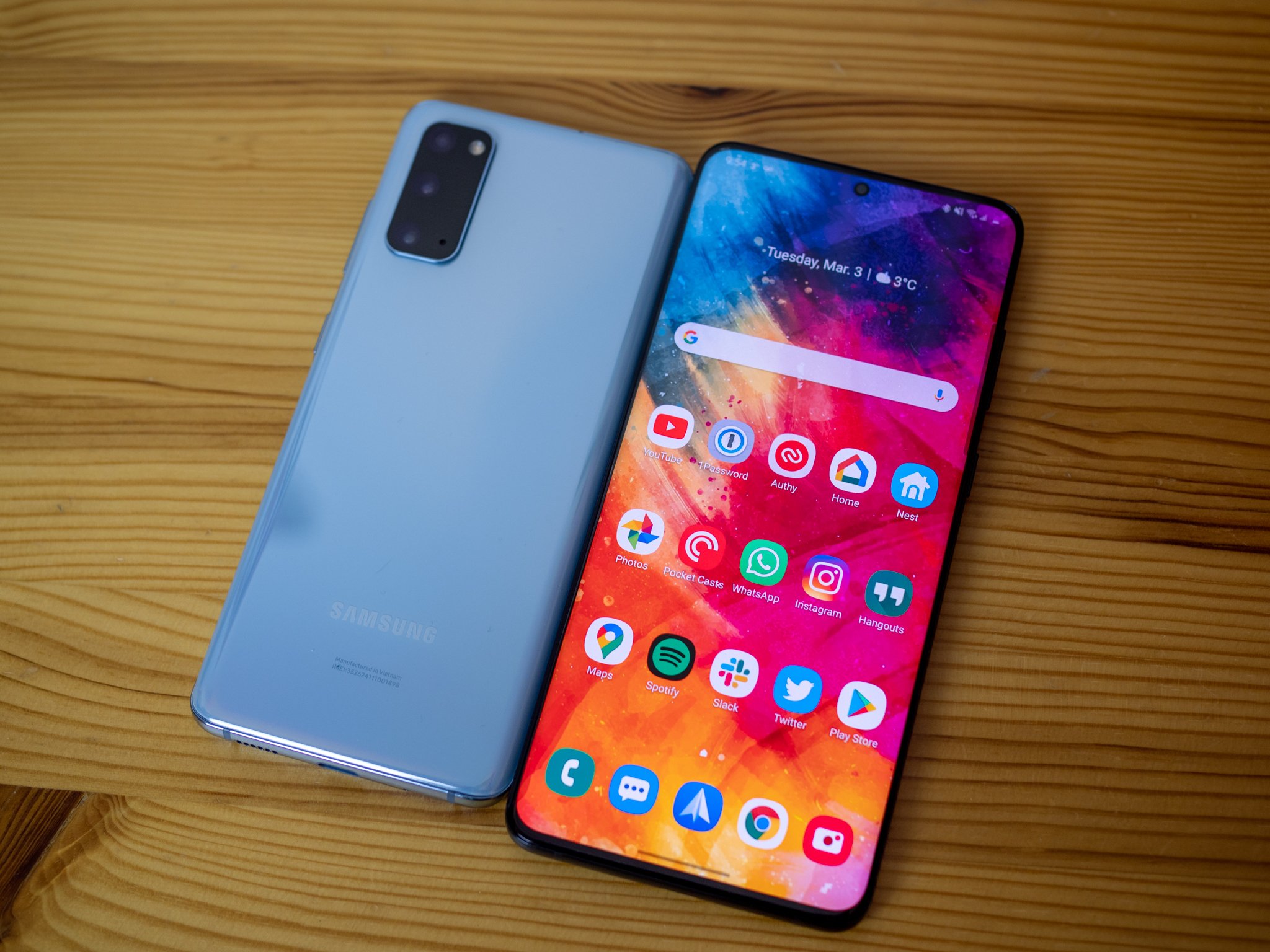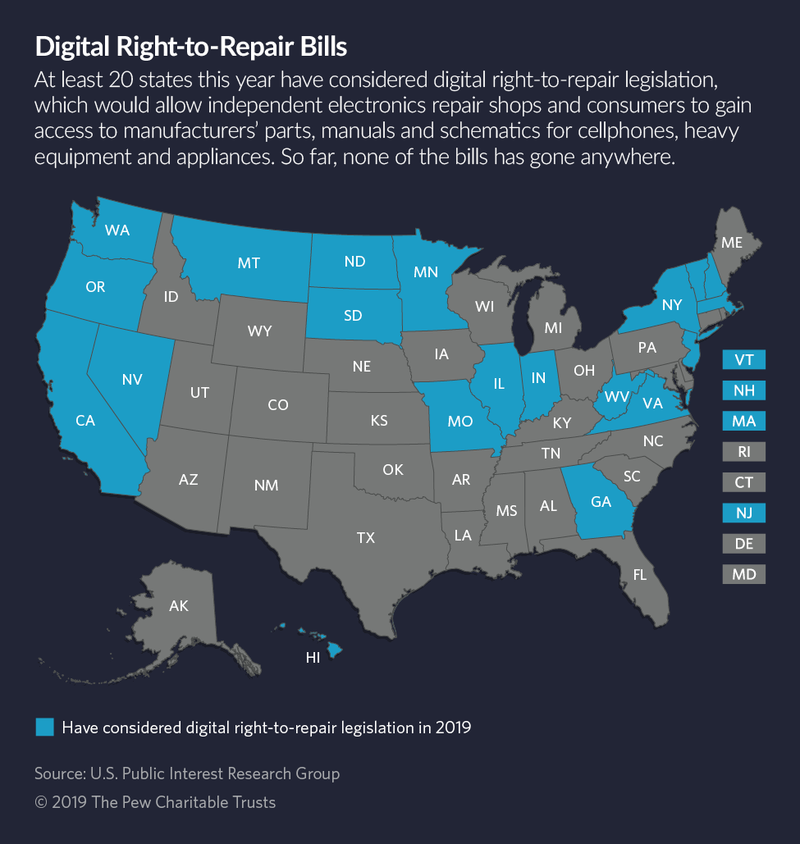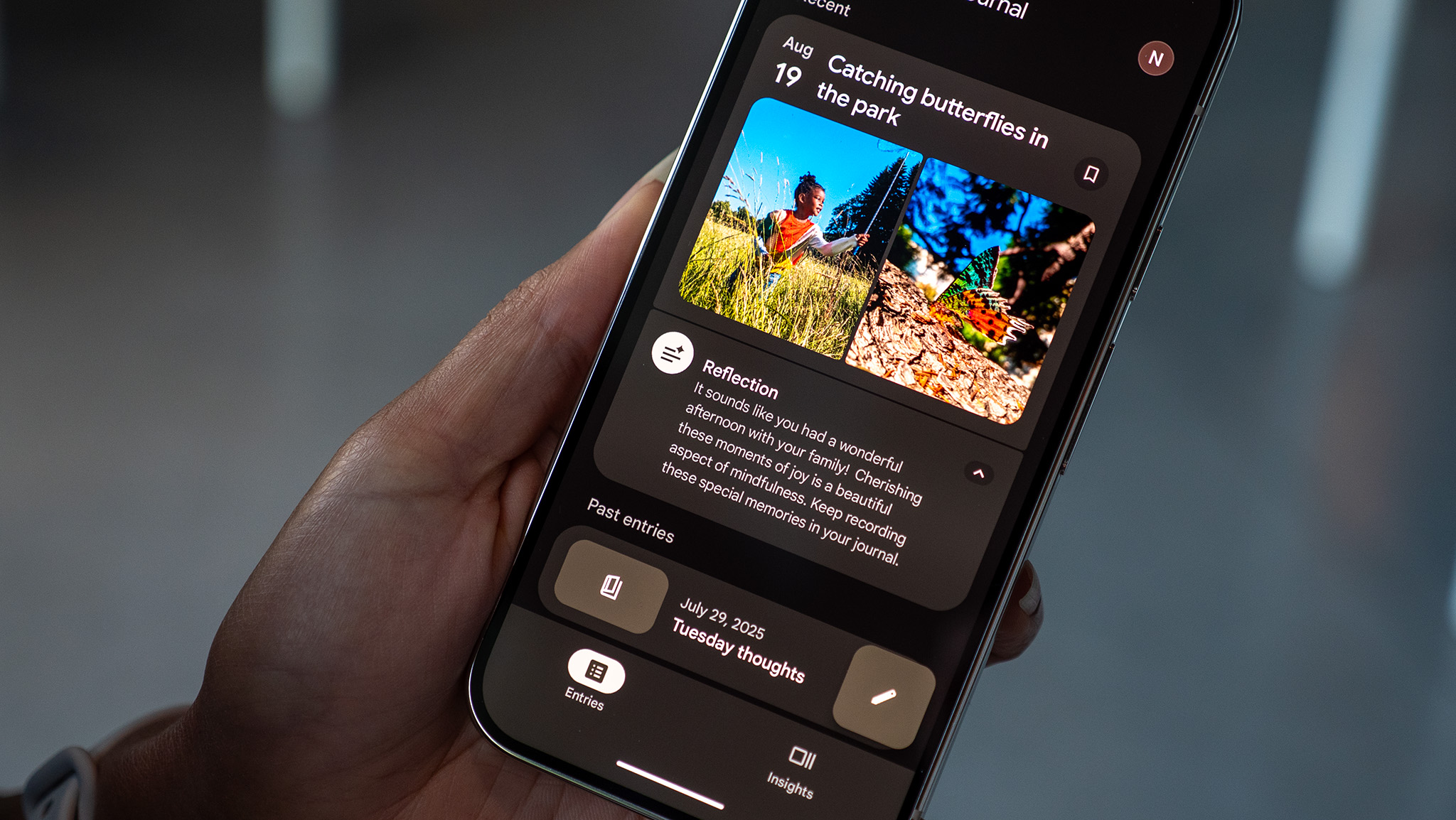The U.S. needs to follow the E.U. in making it easier to repair our phones

It's a shame we even have to write an article like this, but everyone knows that smartphone makers are notorious when it comes to designing great products with a built-in limited lifespan.
A lot of us are completely happy with a phone we bought two or more years ago or wish we could keep one like the Galaxy S20 we bought in 2020 for a good while. And we should feel that way, especially as prices keep creeping up higher and higher. But the number of people keeping a phone longer than a year or two is a lot less than the people who wish they could. And the E.U. is planning on doing something about it.
We deserve to upgrade to a phone early because we want to, not because we have to.
In what's known as the New Circular Economy Action Plan for a Cleaner and More Competitive Europe, the folks in Brussels who are tasked with doing what is best for the people of Europe set new guidelines that will make the life of things like a smartphone a lot longer. The plan doesn't just deal with consumer electronics, though; it aims to reduce waste of other things like textiles, packaging, and even new construction by making things just last longer.
You should read through the plan linked above, but what we're focused on here are the new provisions that will make electronics — specifically phones — last longer. Luckily, it's spelled out in easy to read language:
The Action Plan proposes setting up a 'Circular Electronics Initiative' to promote longer product lifetimes through reusability and reparability as well as upgradeability of components and software to avoid premature obsolescence.The sector will be a priority area for implementing the 'right to repair'. The Commission is aiming to adopt new regulatory measures for mobile phones, tablets, and laptops under the Ecodesign Directive, as well as new regulatory measures on chargers for mobile phones and similar devices. An EU-wide take-back scheme to return or sell back old mobile phones, tablets and chargers will also be considered.
Basically, this means that our phones will be easier to fix when a part goes bad, be built of better parts to begin with, and be updated longer so they are safer to use. Goodbye "premature obsolescence", and good riddance.
But only if you live in Europe, sadly. In the U.S. the right to repair movement is fighting an uphill battle, with no federal or even regional right to repair legislation passed in 2019, though 20 states did put a bill in front of legislators. And we're not even talking about making parts available to everyone or making phones easy to repair, these bills would have simply allowed qualified third-parties to have access.
Would you buy a car that couldn't be repaired?
Besides software outdatedness — and I don't mean free OS upgrades but critical patches and bug fixes — the biggest reason people have to buy a new phone is that the one they used either won't charge or has broken in some other way. This not only makes mountains of e-waste, but affects the pocketbooks of millions of Americans (and Canadians who also want right to repair legislation by an overwhelming majority) because spending money on even a budget phone can be a financial burden when done too often.
Get the latest news from Android Central, your trusted companion in the world of Android
The best sustainable and repairable smartphones you can buy
All countries and legislative bodies pass laws we don't like. But sometimes they try to get it right, too. This is one of those times and while the final version of the E.U.'s plan will probably look different from what is being proposed today, it has to start somewhere. Let's hope it starts before the new Galaxy S20 you might have spent $1,000 or more on stops taking a charge or the screen breaks.

Jerry is an amateur woodworker and struggling shade tree mechanic. There's nothing he can't take apart, but many things he can't reassemble. You'll find him writing and speaking his loud opinion on Android Central and occasionally on Threads.

